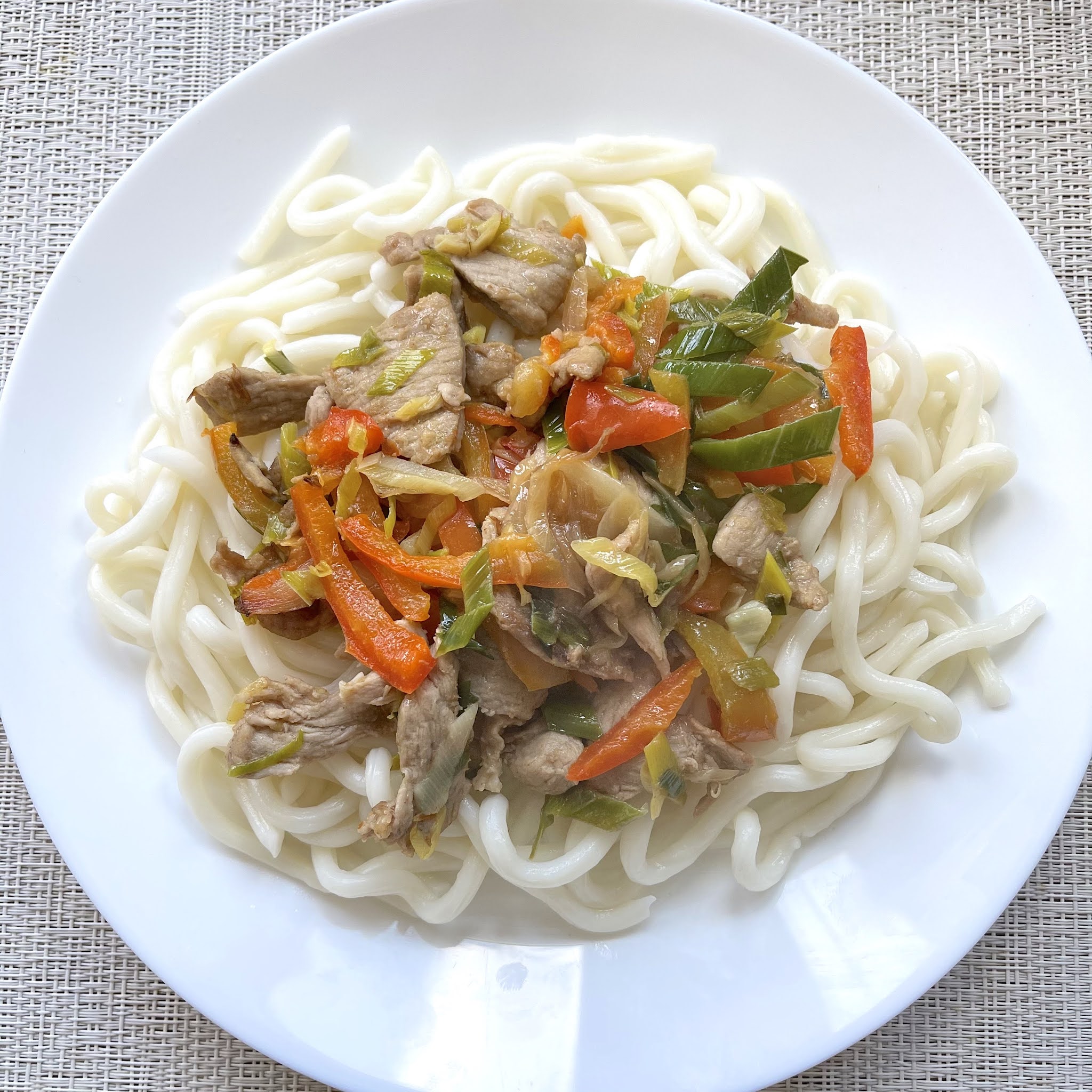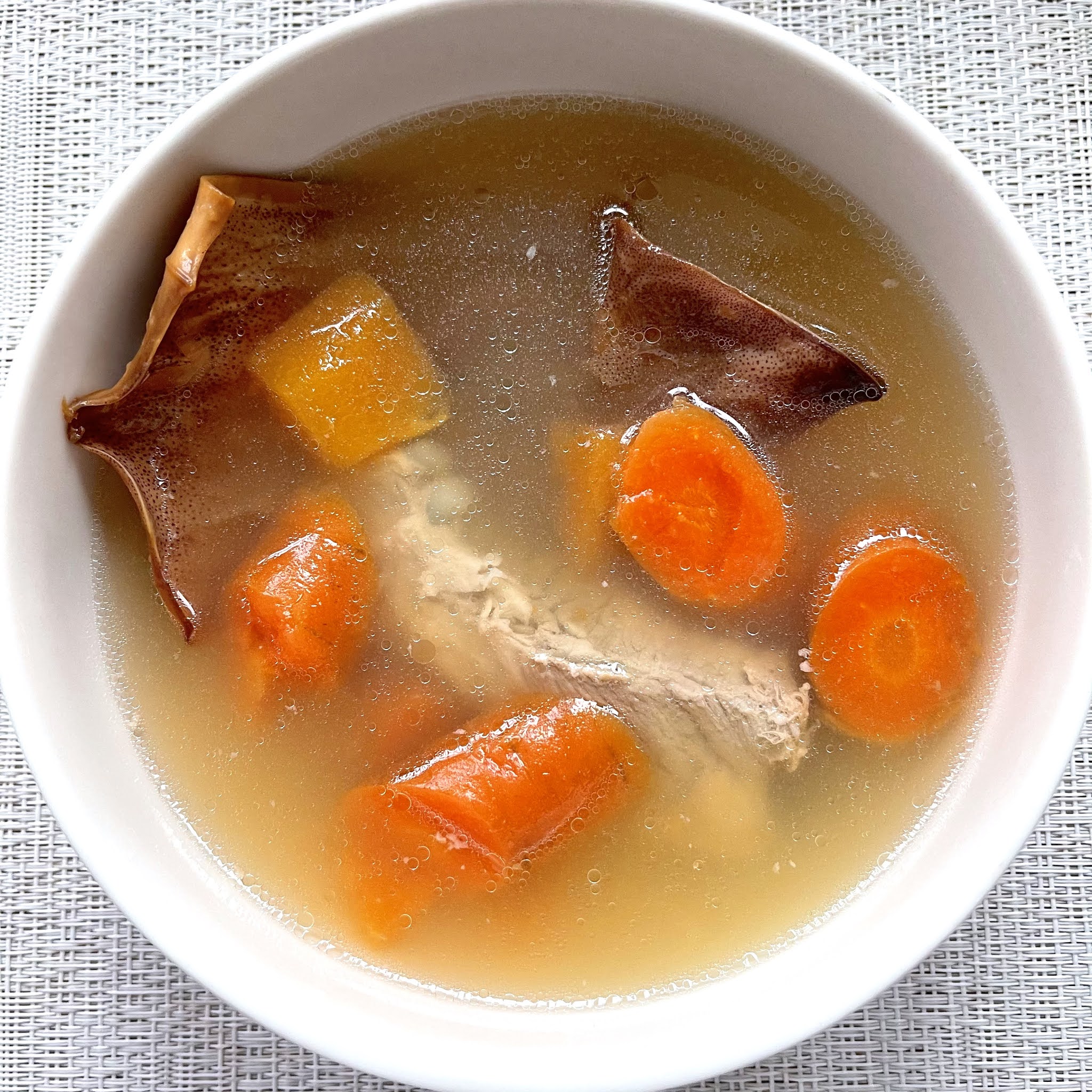In Malaysian Chinese culture, the postpartum period known as confinement holds immense significance, with special dietary practices playing a central role. Confinement food is believed to promote recovery, restore energy, and nourish the body after childbirth, and traditional recipes have been passed down through generations.
This guide explores the rich culinary heritage of Chinese confinement food in Malaysia, delving into its cultural significance, health benefits, popular recipes, and modern adaptations. Whether you’re a new mother seeking guidance on postpartum nutrition or simply curious about this fascinating culinary tradition, this comprehensive overview will provide valuable insights.
Traditional Chinese Confinement Food Recipes in Malaysia
Confinement food is a traditional practice in Chinese culture, where new mothers are required to stay indoors and consume special foods to recover from childbirth and prepare their bodies for breastfeeding.
In Malaysia, Chinese confinement food recipes have been influenced by local ingredients and cooking methods. These recipes often include warming and nourishing ingredients such as ginger, sesame oil, and herbs, which are believed to promote blood circulation, reduce inflammation, and support the immune system.
Common Ingredients Used in Malaysian Chinese Confinement Recipes
- Ginger: Ginger is a warming spice that helps improve blood circulation and reduce inflammation.
- Sesame oil: Sesame oil is a rich source of fatty acids that helps nourish the skin and hair.
- Herbs: Herbs such as dang gui (angelica root) and huang qi (astragalus root) are believed to strengthen the immune system and support overall well-being.
- Chicken: Chicken is a good source of protein and iron, which are essential for recovery after childbirth.
- Fish: Fish is a good source of omega-3 fatty acids, which are important for brain and heart health.
- Eggs: Eggs are a good source of protein and vitamins, which are essential for breastfeeding mothers.
Common Cooking Methods Used in Malaysian Chinese Confinement Recipes
- Steaming: Steaming is a gentle cooking method that helps preserve the nutrients in food.
- Stir-frying: Stir-frying is a quick and easy cooking method that helps retain the flavor and texture of food.
- Braising: Braising is a slow cooking method that helps tenderize meat and vegetables.
- Double-boiling: Double-boiling is a gentle cooking method that helps extract the nutrients from herbs and other ingredients.
Health Benefits of Confinement Food
Confinement food is a traditional practice in Malaysia that involves consuming specific dishes during the postpartum period to promote recovery, restore energy, and nourish the body. These dishes are believed to provide various health benefits, including:
Aiding Recovery: Confinement food is rich in nutrients that support the body’s natural healing process after childbirth. Dishes like red date tea, which is high in iron, help replenish blood loss, while ginger soup promotes circulation and reduces inflammation.
Restoring Energy: Postpartum women often experience fatigue and weakness. Confinement food aims to combat this by incorporating ingredients like ginseng, which is known for its energy-boosting properties, and chicken soup, which is a good source of protein and electrolytes.
Nourishing the Body: Confinement food emphasizes the consumption of nutrient-dense foods that support the overall health and well-being of the mother. Dishes like black sesame soup provide calcium for bone health, while herbal soups like dang gui soup promote blood circulation and hormone balance.
Specific Dishes and Benefits
- Red Date Tea: Replenishes iron, promotes blood circulation
- Ginger Soup: Reduces inflammation, promotes circulation
- Ginseng Soup: Boosts energy, supports immune system
- Chicken Soup: Provides protein, electrolytes, supports recovery
- Black Sesame Soup: Provides calcium for bone health
- Dang Gui Soup: Promotes blood circulation, hormone balance
Popular Confinement Food Recipes
Traditional Chinese confinement food recipes in Malaysia are believed to help new mothers recover from childbirth, regain their strength, and replenish their energy. These dishes are often packed with nutrients and herbs that are said to have various health benefits.
Here are some popular Malaysian Chinese confinement food recipes and their health benefits:
Popular Confinement Food Recipes
| Dish Name | Ingredients | Benefits |
|---|---|---|
| Red Date Tea | Red dates, wolfberries, longan, rock sugar | Boosts energy levels, improves blood circulation, and promotes relaxation |
| Black Chicken Soup | Black chicken, ginger, wolfberries, dang gui | Replenishes blood, strengthens the immune system, and promotes healing |
| Ginger and Sesame Oil Chicken | Chicken, ginger, sesame oil, soy sauce | Warms the body, reduces swelling, and promotes digestion |
| Steamed Fish with Ginger and Spring Onions | Fish, ginger, spring onions, soy sauce | Provides protein, omega-3 fatty acids, and helps reduce inflammation |
Dietary Considerations and Variations

Dietary considerations play a crucial role in confinement food, as it caters to the specific needs of postpartum mothers. These considerations include allergies, food preferences, and the nutritional requirements for recovery.
Variations of confinement food recipes exist to accommodate different dietary needs and preferences. These variations often involve the substitution of ingredients, such as using gluten-free flour for wheat flour, or omitting certain ingredients to avoid allergies.
Dietary Restrictions
Dietary restrictions, such as allergies or intolerances, are essential to consider when preparing confinement food. Common allergies include:
- Seafood
- Nuts
- Dairy
- Soy
- Wheat
If a mother has any known allergies, it is crucial to avoid those ingredients in her confinement food. Substituting alternative ingredients or omitting the allergen is essential to ensure her safety.
Food Preferences
Food preferences are another important consideration. Some mothers may have specific cravings or aversions during the postpartum period. It is important to accommodate these preferences within the confinement food guidelines.
For example, a mother who enjoys spicy food may prefer dishes with added chili or ginger, while a mother who prefers bland food may opt for milder flavors.
Nutritional Needs
Confinement food should provide adequate nutrition to support the mother’s recovery from childbirth. This includes ensuring a sufficient intake of:
- Protein for tissue repair
- Iron for replenishing blood loss
- Calcium for bone health
- Vitamins and minerals for overall well-being
Confinement food recipes are often designed to provide these essential nutrients while adhering to traditional Chinese beliefs and practices.
5. Modern Adaptations of Confinement Food
Confinement food practices have evolved to suit modern lifestyles and dietary preferences.
Adaptations to Modern Lifestyles
Confinement food delivery services
Cater to busy parents who lack time to prepare traditional confinement meals.
Restaurant offerings
Offer confinement food options to meet the growing demand for convenience and variety.
Dietary Adaptations
Vegetarian and vegan options
Address the dietary needs of individuals with plant-based diets.
Gluten-free and low-carb options
Cater to those with dietary restrictions or preferences.
Use of modern appliances
Slow cookers and pressure cookers streamline the cooking process, saving time and effort.
Examples of Modern Adaptations
Confinement food subscription boxes
Provide a curated selection of pre-cooked meals delivered to the doorstep.
Meal planning apps
Offer personalized confinement food plans based on individual preferences and dietary restrictions.
Restaurants specializing in confinement cuisine
Offer a range of dishes prepared by experienced chefs using traditional and modern techniques.
Cultural Significance and Community Support

In Malaysian Chinese communities, confinement food holds great cultural significance. It is believed to help new mothers regain their strength and well-being after childbirth. Traditionally, confinement food is prepared by family members or close friends who provide support and care to the new mother.
Role of Family and Friends
During the confinement period, family and friends play a crucial role in providing practical and emotional support to new mothers. They assist with household chores, take care of the baby, and prepare nutritious confinement meals. This support network ensures that the mother can focus on recovering and bonding with her newborn.The
preparation of confinement food is often a communal effort, with family members sharing recipes and assisting in the cooking process. This shared experience strengthens family bonds and fosters a sense of community.
Closing Summary
Chinese confinement food recipes are a testament to the wisdom and care that surrounds new mothers in Malaysian Chinese communities. These traditional dishes not only provide essential nourishment but also serve as a symbol of love, support, and cultural continuity.
As modern lifestyles evolve, confinement food is adapting to meet changing needs, ensuring that this cherished tradition continues to thrive in the years to come.
Helpful Answers
What are the key ingredients used in Malaysian Chinese confinement recipes?
Common ingredients include red dates, black chicken, ginger, sesame oil, and herbs such as dang gui and huang qi.
What are the purported health benefits of consuming confinement food?
Confinement food is believed to promote blood circulation, boost energy levels, nourish the uterus, and support overall recovery after childbirth.
Can confinement food recipes be adapted to suit different dietary needs?
Yes, variations exist to cater to allergies, preferences, and specific postpartum recovery needs, such as vegetarian or gluten-free options.
How has confinement food evolved in modern times?
Confinement food is adapting to modern lifestyles through services like delivery and restaurant offerings, while innovative recipes blend traditional ingredients with contemporary flavors.
What is the cultural significance of confinement food in Malaysian Chinese communities?
Confinement food embodies the belief in nurturing and supporting new mothers during their postpartum recovery, and it strengthens family bonds through the involvement of loved ones in providing nourishment and care.
